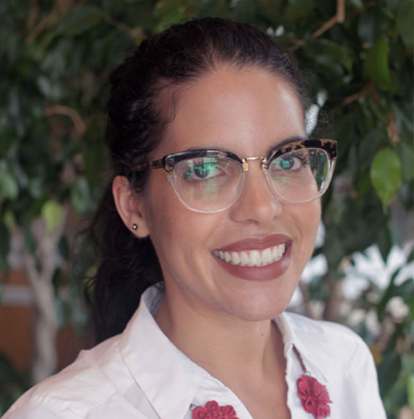Well-child visits, also known as check-ups or routine pediatrician visits, are an important part of preventative healthcare for children and adolescents. The American Academy of Pediatrics (AAP) recommends a “periodicity schedule” for children beginning when they are just a few days old through 21 years of age. According to AAP, children ages three and older should receive annual check-ups with their providers, while younger children should see a doctor more frequently. These check-ups are important for a variety of reasons, including disease prevention through regularly scheduled immunizations, testing a child’s blood for traces of lead and tracking a child’s developmental milestones. Visits are also important for parents. In addition to providing a chance to ask questions and raise concerns, pediatric visits are an opportunity to screen mothers for signs of maternal depression.
In the wake of the COVID-19 pandemic, several entities, including Centers for Medicare and Medicaid Services (CMS), highlighted a national decline in routine well-child visits. Several factors may have lead to this. In 2020, Centers for Disease Control and Prevention (CDC) guidance encouraged health providers to delay non-emergency services in an effort to target resources to combat the pandemic. Additionally, parent concerns regarding exposure to COVID may have contributed to fewer visits. Although there was some evidence of an increase in pediatric care conducted via telehealth, these visits did not offset the declines.
One study indicates that missed visits were reported more for certain age groups than others--with nearly half of children ages 2-6 and 7-12 missing well-visits. Comparatively, roughly a quarter of parents of children under age 2 reported missing a routine visit. The same study indicated a higher prevalence of missed visits among Hispanic children in comparison to other racial groups; non-Hispanic Black children had the lowest rate of missed visits.







